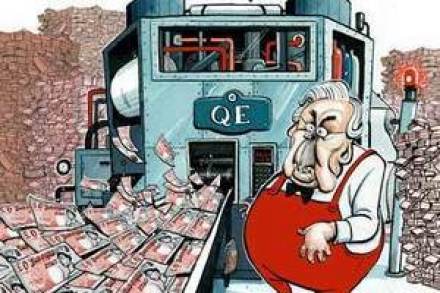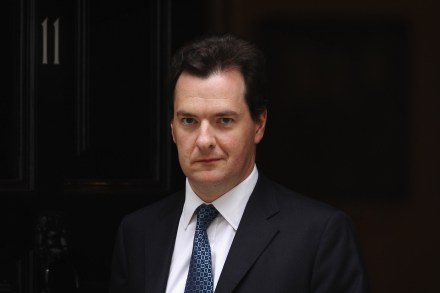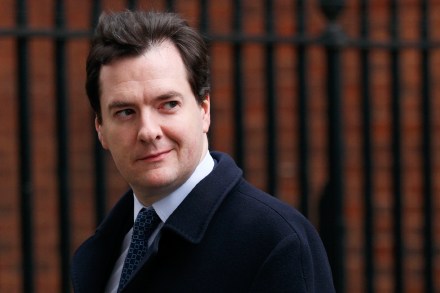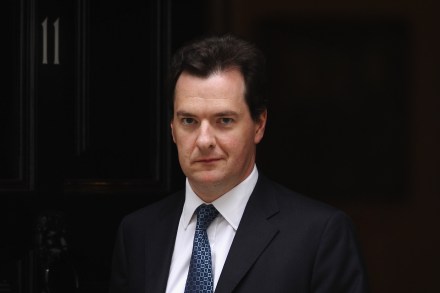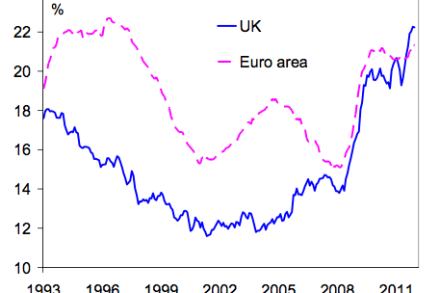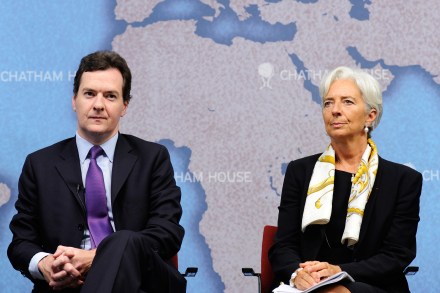A Lib Dem alternative to Beecroft
When the Beecroft report’s recommendation of ‘Compensated No Fault Dismissal’ was first leaked back in October, Norman Lamb was one of the strongest Lib Dem voices to speak out against it, describing it as ‘madness’. Back then, he was Nick Clegg’s chief of staff. Now, thanks to Chris Huhne’s resignation and Ed Davey’s promotion, he’s in an even better position to prevent this ‘madness’: Employment Minister in the Department for Business. As James has said, the Lib Dem MPs are unanimous in their opposition to Beecroft’s proposals, and until recently it didn’t look like they would be translated into policy at all. But last week, George Osborne threw his weight


